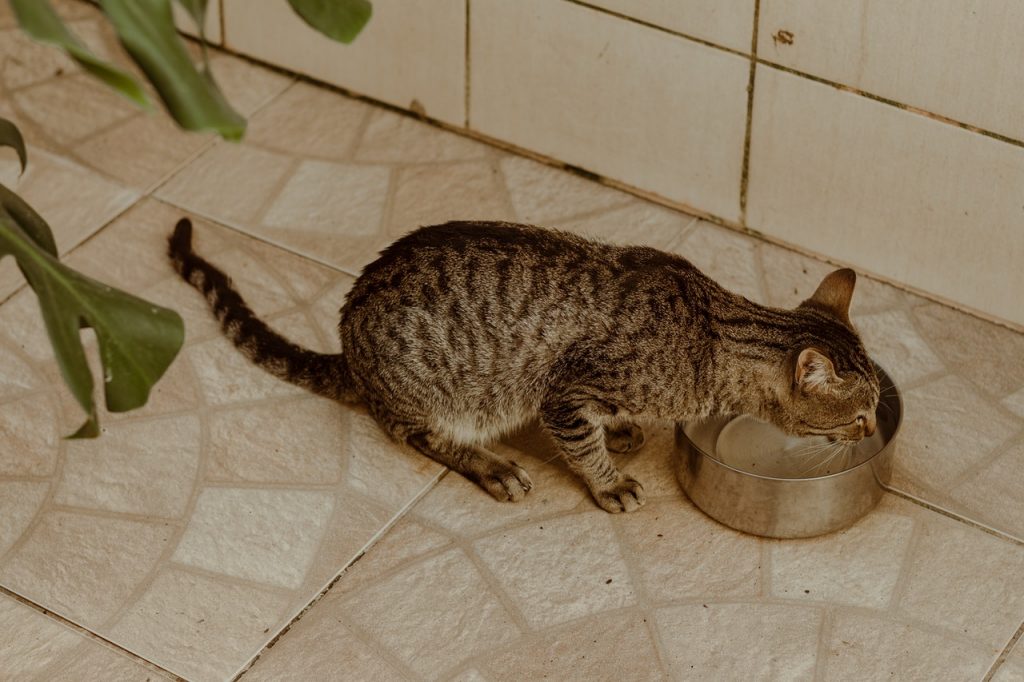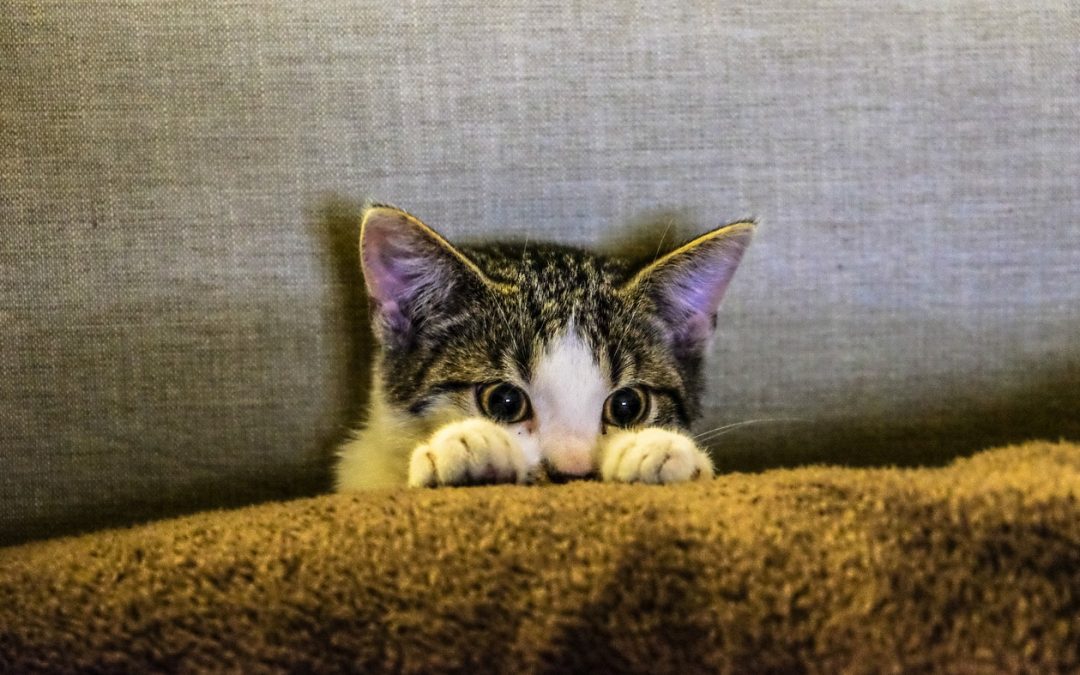The Hamilton/Burlington SPCA prioritizes keeping pets and people together. However, life circumstances may change and pet behavioural concerns could lead to the decision for some people to surrender their pets.
Before making that decision, it’s important to establish why and whether the Hamilton/Burlington SPCA (HBSPCA) can help find solutions that are in the pet’s best interest.
“It’s really important for us to know why someone wants to surrender their pet,” says Becky Collins, Intake Coordinator at the HBSPCA. “We can then try to work with the owner to find a solution that doesn’t result in the pet being surrendered.”
The most common reasons that lead to pet surrender are allergies, changes to a living situation, and behaviour issues.
If allergies are a concern, special diets for your pet can limit dander. Creating “pet-free” zones, regularly bathing your pet, and medications can also help with allergies.
Owners experiencing changes to their living situation and no longer feel they can accommodate their pet may want to try and get their pet adopted on their own.

“When possible, it is in an animal’s best interest to go from their current home directly to their new homes. It is much less stressful for the pet that way,” she adds. “The shelter should be contacted by owners who have tried to rehome their pet with family or friends and have been unsuccessful.”
“There are some animals that will do better at the shelter than others. A dog that suffers from separation anxiety or is fearful of strangers would be more likely to do poorly in a shelter environment,” Collins says.
Behaviour Issues
If an animal is being surrendered due to behaviour issues, owners should consider whether that behaviour is something a new owner could tolerate or improve.
There is nothing better than rescuing a pet and being able to share your story. Each successful adoption can inspire someone to rescue their own pet.
One of the main reasons for cat surrenders is house soiling. Owners may notice that their cat is no longer using the litter box and the owner can no longer tolerate the repeated clean-ups and damage that the cat urine is causing to their home.
Collins recommends checking with a vet because urinary infections are common in cats and can result in urination outside the little box.

The issue may even have to do with the litter and/or litter box you’ve provided the cat.
Some cats require their litter box to be a specific shape and size. Others may be picky about the box’s location.
The number of litter boxes in your home also needs to be taken into consideration.
“The general rule is, count the number of cats you have and add one,” Collins explains. “So if you have two cats, you should have three litter boxes, and they should all be spread so there are options in case one cat is guarding a litter box against another cat.”

Litter boxes should be scooped regularly because a lot of cats won’t use a box that has already been used.
There are also cats that prefer a certain type of litter. So Collins recommends testing different ones.
Meanwhile, male cats are known to “mark” or spray their urine on walls and objects, especially if they are not neutered.
“It might just be as simple as someone bringing their male cat to the HBSPCA neuter clinic,” says Collins.
The HBSPCA does intake other animals besides cats and dogs. Birds, rabbits, and ferrets have found new homes after being surrendered.
It all comes down to whether the animal being surrendered is adoptable and if it can be properly cared for at the HBSPCA. This means large birds and reptiles are not currently part of the intake program.
Shelter space is also taken into consideration. The animals need to feel comfortable while they’re in the HBSPCA’s care. If space is limited, a surrender request could be turned down.
For more information on the HBSPCA pet intake program, visit hbspca.com/services/pet-surrender.

